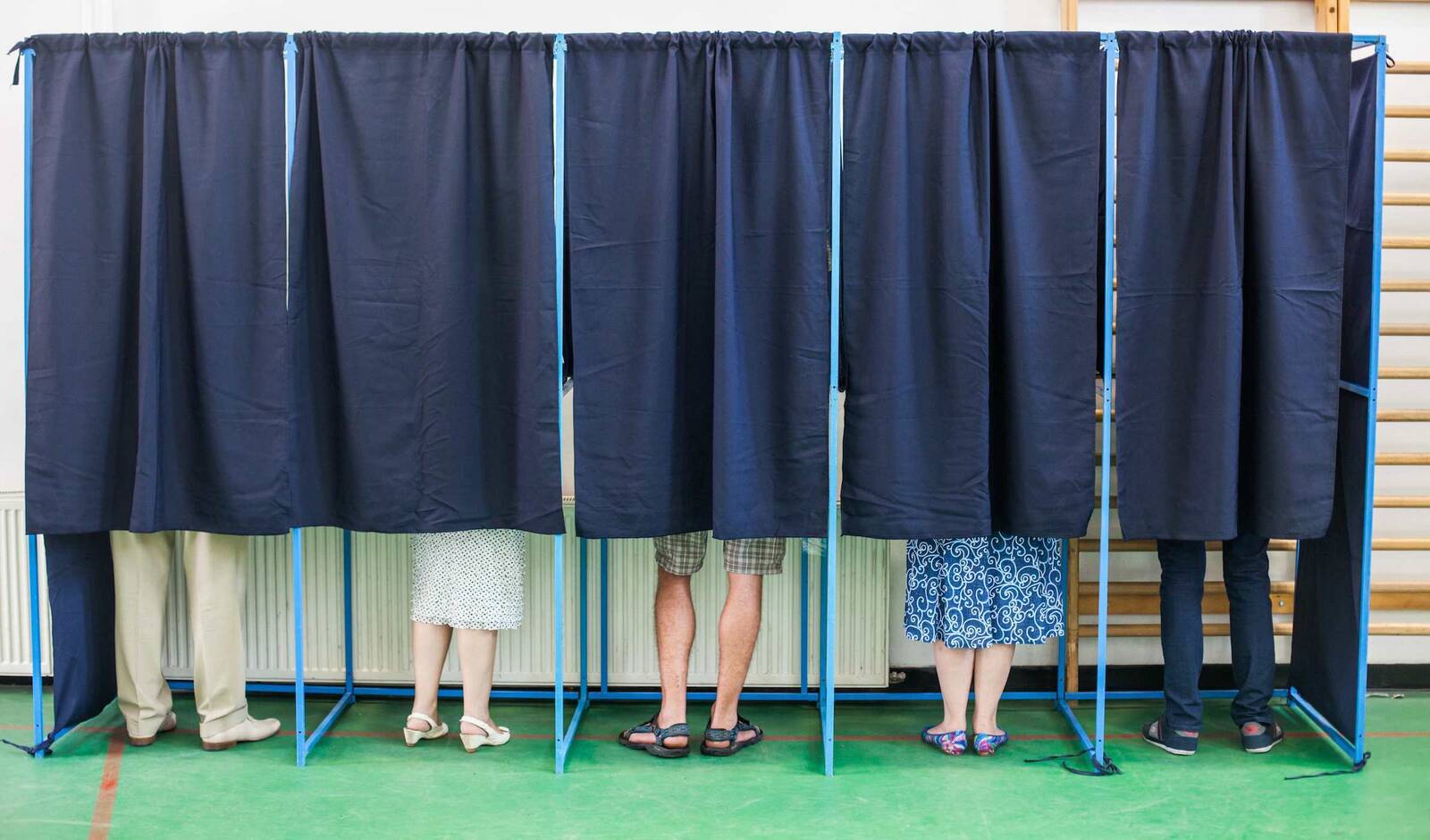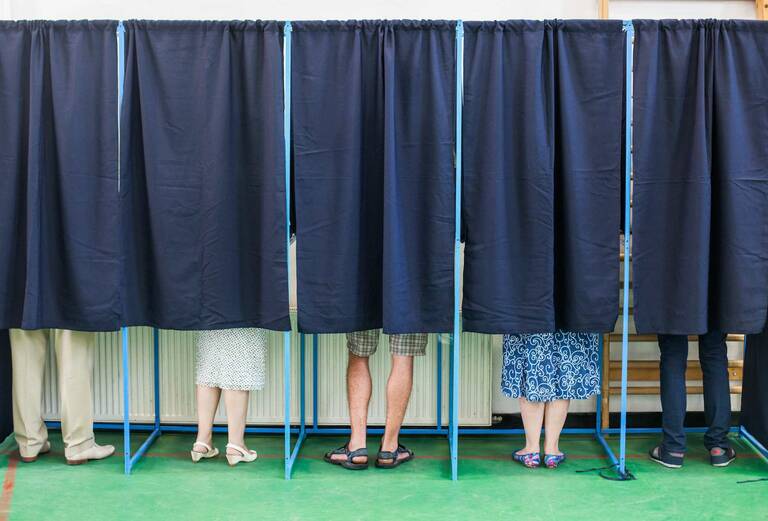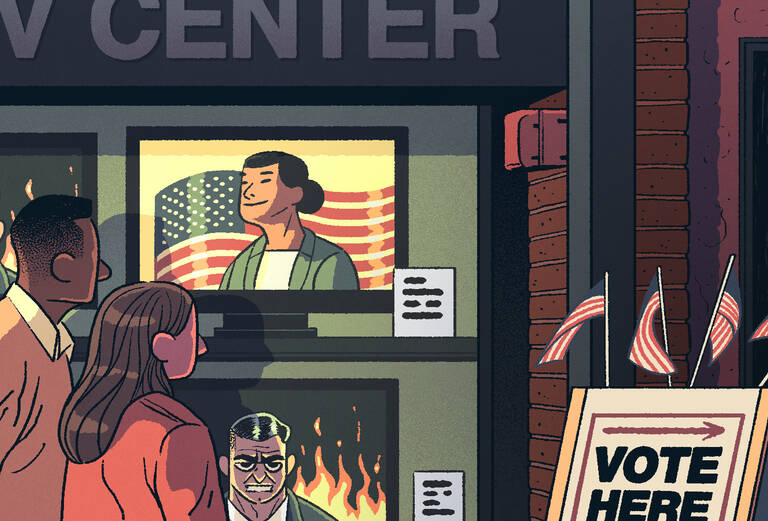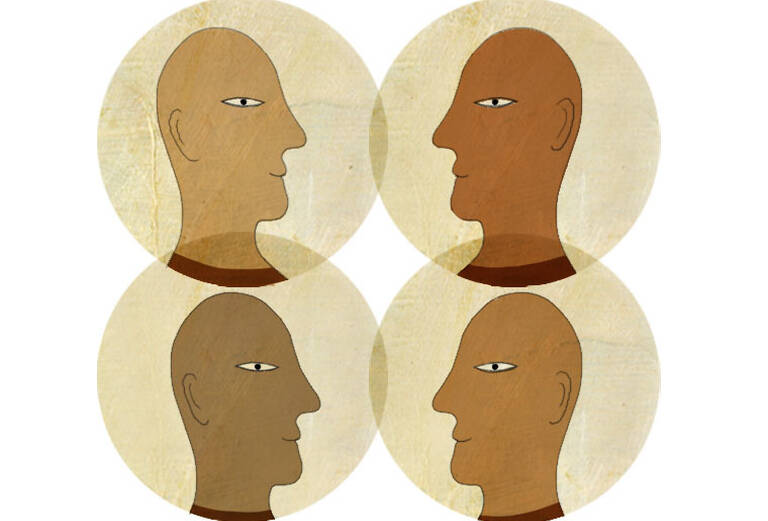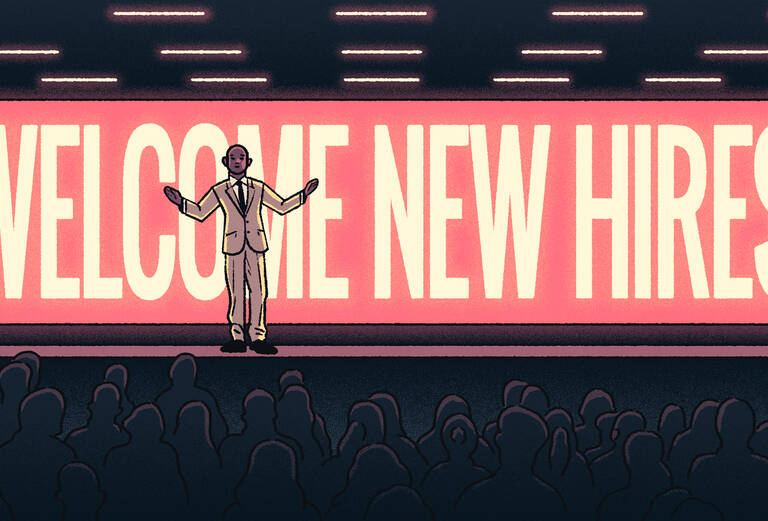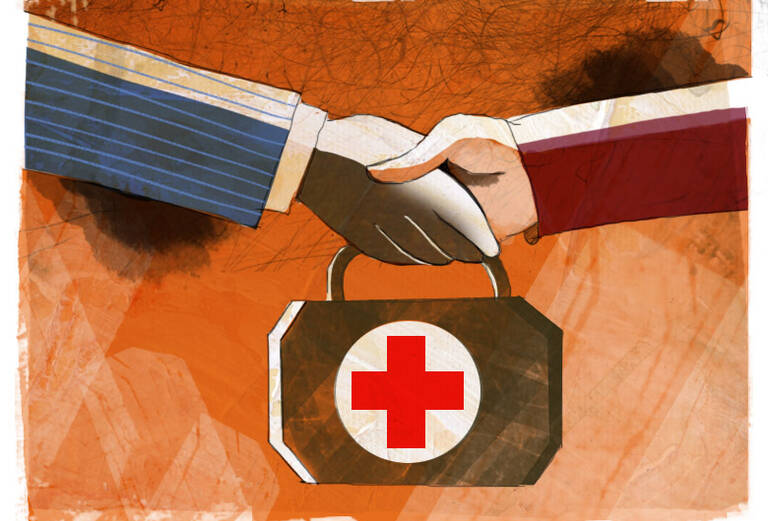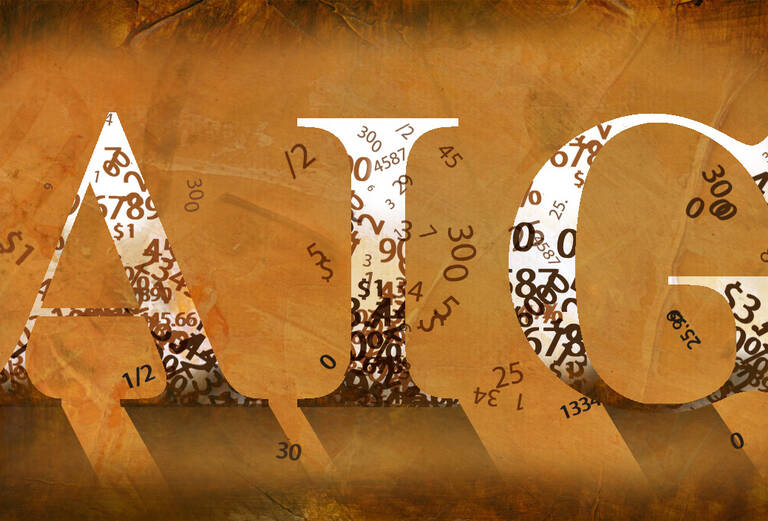Show
bizoo_n April 19, 2022 Fidel Castro. Muammar Gaddafi. Kim Il Sung. All of these dictators remained in power for many years, but that should come as no surprise, according to research by Georgy Egorov. Using a dynamic political economy model, he found that bad governments can last just as long as good
ones. “If you look empirically at what’s in the world, it’s not necessarily true that democratic countries have better governments,” at least when you look at the country’s economic performance, for example, says Egorov, now a professor of managerial economics and decision sciences at the Kellogg School of Management. Is Democracy the Best Form of Government?“A common notion is that a democracy should be superior to dictatorships because they are able to select the best people,” Egorov says. However, there are both successful dictatorships and unsuccessful democracies. Where bad governments come from and whether democracies have an advantage over dictatorships are two questions that historians have grappled with throughout recent history. To answer these questions, Egorov, Daron Acemoglu, a professor at MIT, and Konstantin Sonin, now at the University of Chicago, used a mathematical model to describe these different forms of government. Democracies differ from dictatorships, they suggest, by the amount of influence that the current government has on forming the next government. The current leaders in a perfect democracy would have zero influence, whereas an absolute dictatorship would place total control over the decision in one person’s hands. Between these extremes lie imperfect democracies and less strict dictatorships. Having a Democracy Doesn’t Necessarily Mean You Have the Best Leaders.What the researchers found was probably not what most people would expect. “It’s not necessarily true that more democratic governments are better at bringing in the best people,” Egorov says. According to their model, when the conditions in the country do not change over time, dictatorships can last just as long as democracies can. This makes sense if you consider how current government officials choose new people to join them in leadership positions. “In principle, if you’re in the government, there’s no reason for you not to select the most competent fellow members of the government,” Egorov says. But in a dictatorship, what happens if the people you select to help you run the country are better at the job than you are? The country would be run well, but your tenure may not last long. The new officials would have an incentive to oust you because you are now the least competent leader. There would be a good chance you would not remain in office as a result, Egorov says. “So if you value being in office or being part of the government, then probably you wouldn’t want to select the best people into the government after all. In fact, you have an incentive to select worse people so you’ll be the smartest of them.” That, he says, is how bad governments can persist. This logic does not apply to a perfect democracy. But when comparing real-world imperfect democracies and dictatorships, there is no predicting which will select more competent individuals. Important Benefit for DemocraciesThe researchers did find a selection-related benefit to democratic governments, however. “As it turns out, democracies have a real edge in a changing environment,” Egorov says. This is because these governments are more flexible. By contrast, if a shock like a war or economic crisis hits a country run by a dictator, even a government initially composed of competent officials may not be flexible enough to respond well. To see how this might play out, imagine a country of six people, three of whom are brilliant generals and three of whom are economic geniuses. The country goes to war, and the generals form the government. In this scenario, the government is effective whether it was formed as a democracy or a dictatorship because the best people to lead during war are already in place. When the war ends and the country slides into an economic recession, however, the differences between the two types of government start to become apparent. In a democracy, the country could adapt because the economic geniuses could be elected to office. But if the country is a dictatorship, the generals would still be in power and would be ineffective in the face of the new crisis. In a perfect world, the generals would appoint an economic genius to help out with the government. But in practice, the generals would fear the genius might replace them with fellow economists, Egorov says. Even though they may not be able to manage the crisis efficiently, they would refuse to cede power to another group. “Here is where we get an unambiguous prediction that the more democratic a country is, the more able it is to fire people that are no longer competent and bring in people that are needed at the moment,” Egorov says. Therefore, the more flexible the government is, the better the outcome. When a country is stable, its type of government does not have as large an impact on its success. But in a tumultuous world, democracies are more flexible and thus more successful, Egorov says. The key is elections. During crises, people who are better suited to solve the problem are more likely to be ushered into office. “Whereas in dictatorships, if you started with a person who is very capable and the environment changes, you are pretty likely to still be stuck with [that person] even though they are no longer the one you would want to have in the government.” For example, he says, if big crises were to hit both the United States and China, the United States would recover more quickly because its government could adapt. In China, that is less likely. Who Is in Power Matters More than What System of Government You HaveEgorov admits that the quality of government does not only depend on the people in power; it also depends on the incentives they are given for performing well. At the end of the day, however, he and his co-authors decided to focus on the selection of the people in government, not accountability. “Yes, democracies should perform better because politicians are accountable. In a dictatorship, politicians are not accountable to anyone, so they should perform worse. And yet this is not exactly what we see in the world. Accountability alone cannot explain poorly performing democracies and, especially, fast-growing dictatorships. In this paper, we show that selection can.” But the more important takeaway is that when crises are possible, democracies perform the best in the long run, which is what you might expect from looking at nineteenth and twentieth century history, Egorov says. “Flexibility is really where democracies excel. This is not obvious and not what we expected when we started.” Featured Faculty James Farley/Booz, Allen & Hamilton Research Professor; Professor of Managerial Economics & Decision Sciences About the Writer Leigh Krietsch Boerner is a science and health writer based in Bloomington, Indiana. About the Research Acemoglu, Daron, Georgy Egorov, and Konstantin Sonin. 2010. “Political Selection and Persistence of Bad Governments.” Quarterly Journal of Economics. 125(4): 1511-1575. Read the original Most Popular This Week
More in Policy Which word is a government in which the ruling power is in the hands of a few people?Oligarchy is a form of government in which a small group of people hold most or all political power.
What is a form of government in which political power rests in the hands of the people not a monarch and is exercised by elected representatives called?Democracy, meaning "rule of the people", is a system of government in which the citizens exercise power directly or elect representatives from among themselves to form a governing body, such as a parliament.
What are the 4 types of government?Forms of Government: Monarchy, Democracy, Oligarchy & More
Each type of government rises to power and rules in a unique way. Learn more about each form of government--monarchy, democracy, oligarchy, authoritarianism, and totalitarianism--how they come into power, and how they rule.
What is a type of government where one person has absolute power?Autocracy is a system of government in which absolute power over a state is concentrated in the hands of one person, whose decisions are subject neither to external legal restraints nor to regularized mechanisms of popular control (except perhaps for the implicit threat of a coup d'état or other forms of rebellion).
|

zusammenhängende Posts
Werbung
NEUESTEN NACHRICHTEN
Werbung
Populer
Werbung

Urheberrechte © © 2024 decemle Inc.









